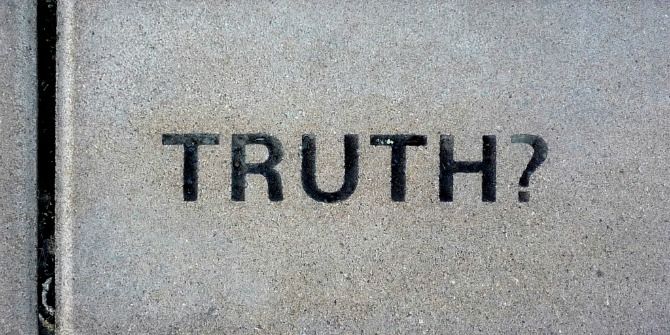Charles Clarke and Andrew Gilligan join Polis for a debate on the power of the media at Labour Party conference on Monday. We’ve some research by our event partners YouGovStone to back up the chat. It shows that influential people think that the journalists are more powerful than the politicians. But are they right?
This is the conclusion of YouGovStone’s Influentials survey:
“The newsstand is mightier than the dispatch box, according to research amongst 515 members of YouGovStone’s panel of influential people. 7 out of 10 influentials think that journalists and commentators have far more influence on the public than politicians and 2 out of 3 think that the media’s influence is growing while that of politicians is diminishing.”
As a media-centric journalist I am thrilled that people think we are so important. But here’s some caveats.
Firstly, they are talking about ‘influence’ which is not quite the same as actually running things. In reality the people who have control of the levers of legislation and the executive such as civil servant, ministers, CEOs etc are the ones who make actual things happen.
The second caveat is about perception. Busy politicians and the Great and the Good think that the news media is important because it is their only window on the world. Influential people think and debate through the news media. The BBC’s Today Programme, for example, is their personal morning briefing on the world and their daily dose of thought about it. So they make the mistake of assuming that Today journalists actually control both the agenda and the decision-making process.
This just isn’t the case. Journalists have always had agendas set for them. They just don’t have the time or resources to master the information flow. Certainly, journalists distort and frame issues or stories. But it’s a fallacy to credit them with some kind of cohesive control.
I would also question if the news media influence is increasing. At a time when citizen media and direct public access to information is increasing, so traditional journalist control is ebbing.
Put all that together and it is a chance for politicians to re-connect with the public. But sadly, they seem less and less interested in open debate about real issues. Look at the way that the current Westminster administration has bobbed along on the stormy waters of the recent economic storms. The politicians seem to accept that they have less influence over reality. So it’s no wonder that the other people who run things assume that the media has replaced them.�




1 Comments